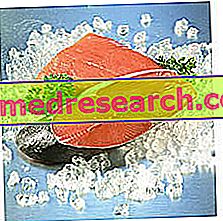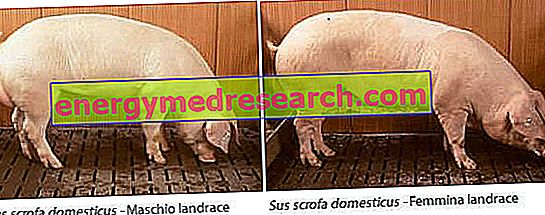What is papain
Papain is a proteolytic enzyme present in the juice of the papaya ( Carica papaya ), a Cariac tree originating from Brazil and Mexico. Functionally, it is a vegetable analogue of human pepsin (an enzyme secreted from the stomach to digest dietary proteins).
Production

Properties and Uses
Food uses
Since ancient times, the proteolytic activity of papain has been exploited by the indigenous populations of South America to soften meat. Not surprisingly, in times when the refrigerator was still a chimera, in these regions meat foods were preserved by wrapping them carefully in papaya leaves.
Today papain is widely used in the food industry, where it is included - often associated with other vegetable ferments such as bromelain and ficina - in preparations to soften the meat and clarify the drinks. These enzymes, however, fail to penetrate deep into the tissues and are inactivated by heat, which is why when the steak has a certain thickness they can only soften it on the surface.
Papain in supplements
In the medical and phytotherapeutic field, the most well-known application of papain is that which helps digestion, especially in the stomach (useful in the presence of hypochloridria and more generally of dyspepsia).
Topical use
In the cosmetic field, papain is used in the preparation of whitening toothpaste, depilatory creams, contact lens cleansing lotions and preparations to remove necrotic fragments from skin ulcers. Moreover, always at topical level, it is used as a home remedy to alleviate the itchy and painful states resulting from the bites / stings of bees, wasps, mosquitoes and jellyfish.
Topical papain-based preparations can cause allergic reactions, even serious ones, to which latex allergy sufferers are most exposed.



